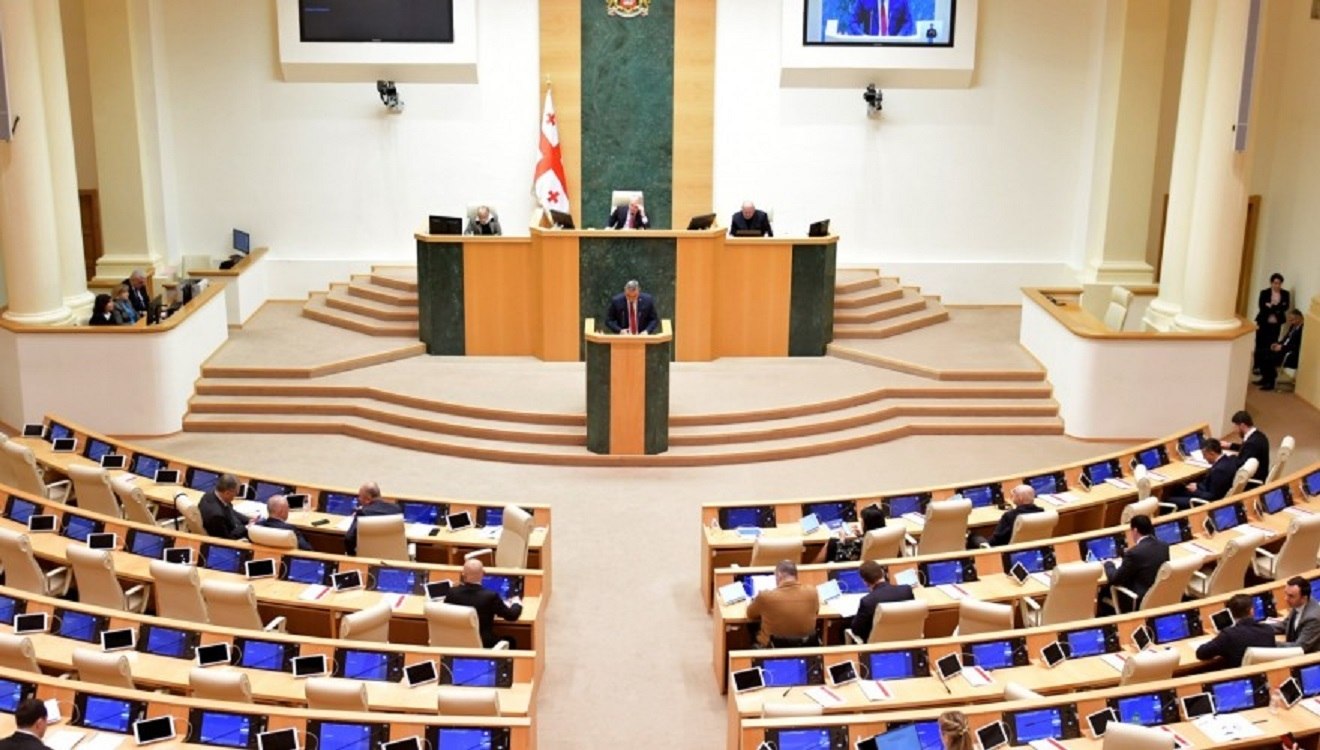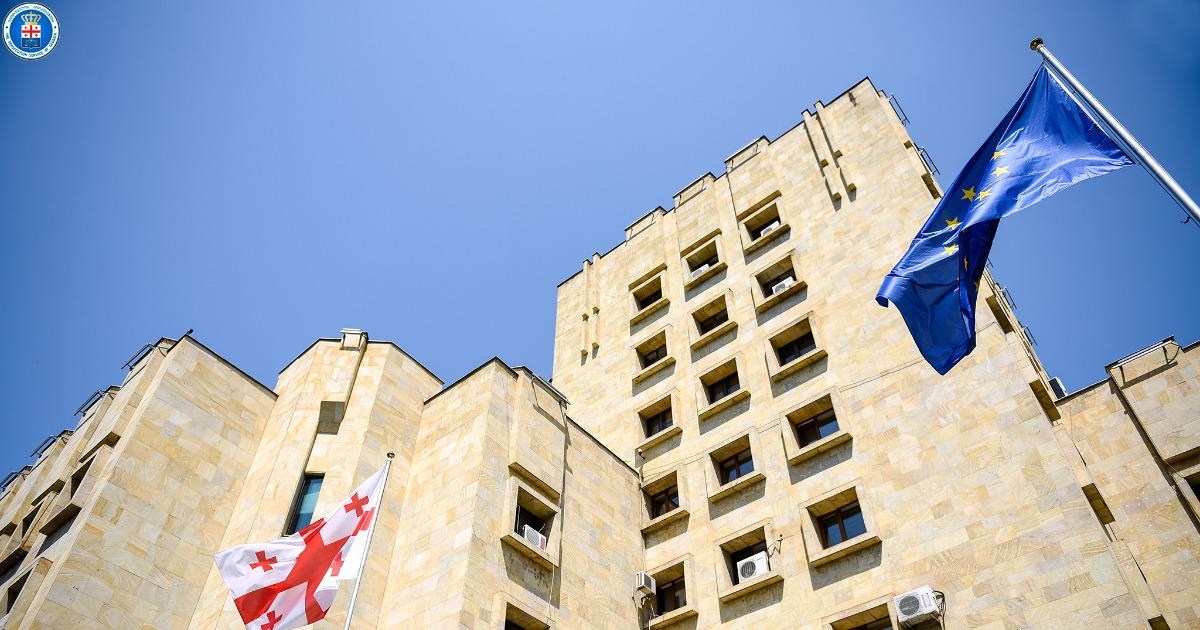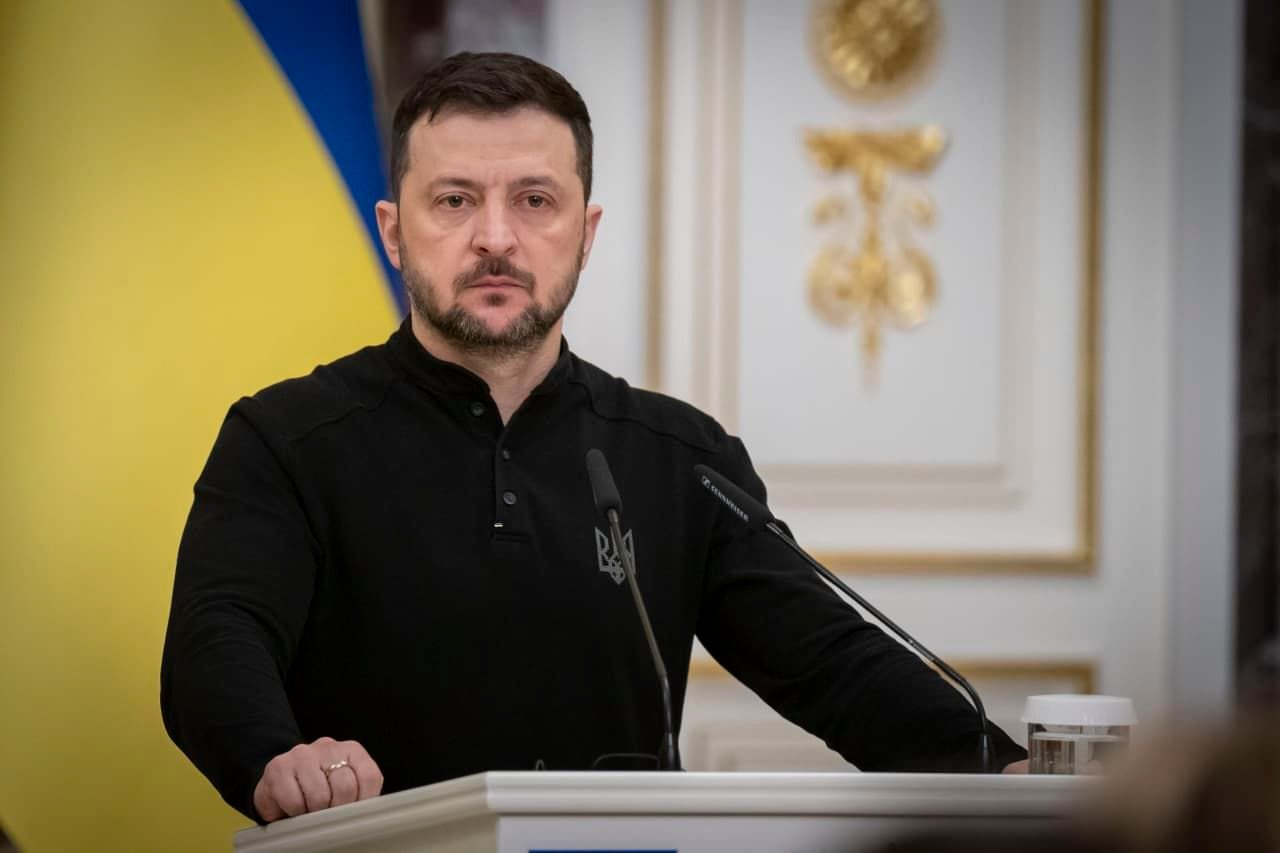Georgia’s ruling party adopts controversial draft laws with third reading

Author
Front News Georgia
Georgia’s ruling party, Georgian Dream, pushed through several controversial legislative changes in their third reading on Monday, sparking concerns over media freedom and political repression.
The Sectoral Economy and Economic Policy Committee approved amendments to the Broadcasting Law, expanding state control over television and radio content. A last-minute revision introduced during the second reading extended these content regulations to online broadcasting platforms, further tightening restrictions on media operations.
While Georgian Dream insists that the amendments aim to uphold high standards in media, critics argue that the government is moving toward political censorship. Media representatives warn that the changes grant authorities legal and regulatory mechanisms to intervene in editorial content, effectively institutionalizing state control over the press.
Additionally, the committee approved another amendment banning television and radio stations from receiving foreign funding. This measure is expected to severely impact critical media outlets already facing financial difficulties. While foreign contributions currently comprise only a small portion of broadcasters’ revenues, opposition media fear that the ban will deprive struggling outlets of potential future support, pushing them toward closure.
On the same day, the Legal Affairs Committee passed the controversial Foreign Agents Registration Act in its third reading. Georgian Dream claims the law is identical to the US Foreign Agents Registration Act (FARA) and is merely a translation of the American legislation. However, opposition figures and civil society groups have strongly rejected this claim, warning that the law mirrors Russia’s draconian ‘foreign agents’ law, which has been used to suppress dissent.
These legislative moves have drawn significant criticism from local and international watchdogs, who warn that Georgia is backsliding on democratic principles and media freedoms.
Tags:





